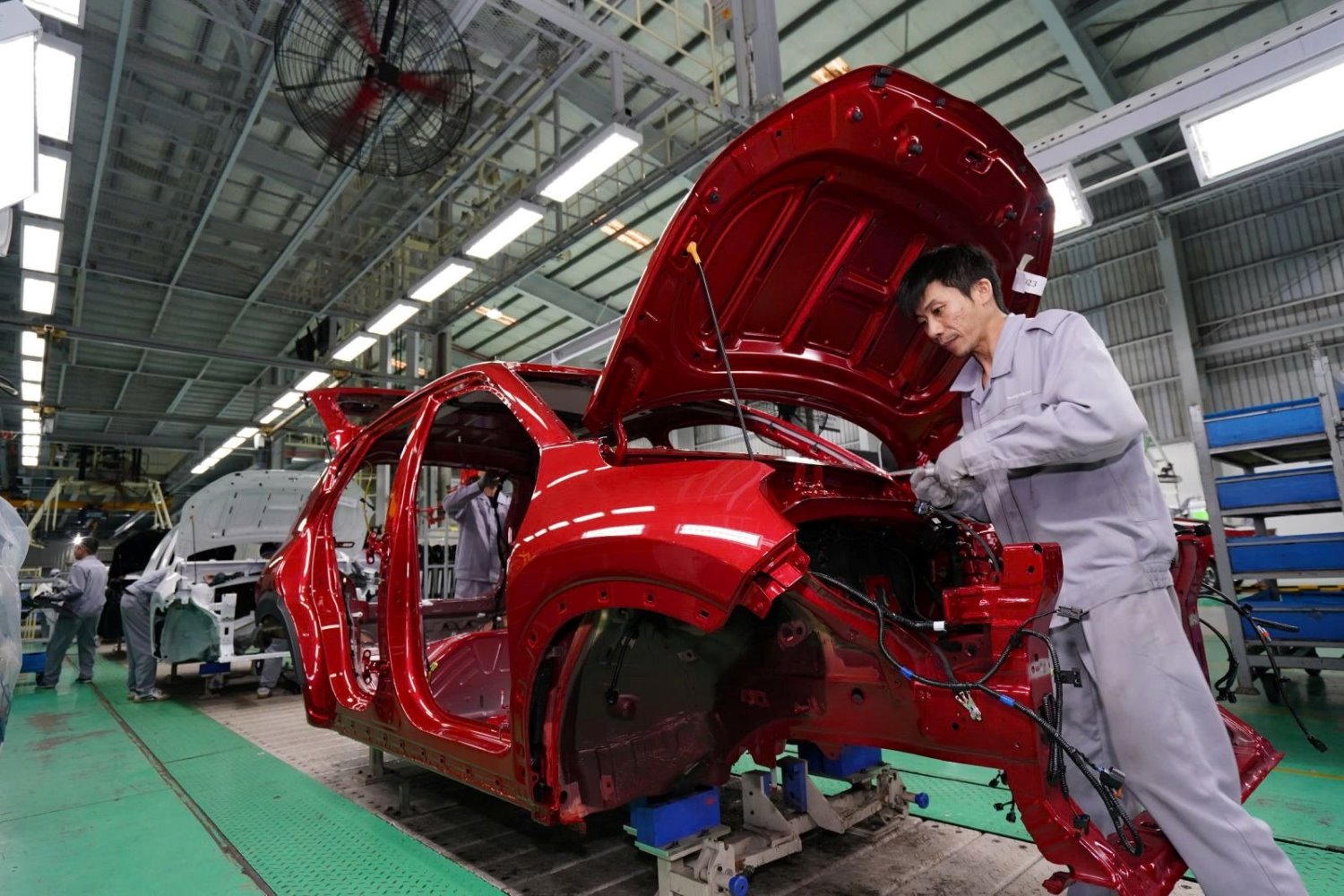HCMC – A series of new economic policies will take effect on September 1, 2025, covering supporting industries, innovative startups, higher education, finance and banking, and border trade, the Vietnam News Agency reported.
These are major adjustments aimed at encouraging innovation, expanding capital sources, while strengthening financial system safety and transparency in management.
The Government’s Decree No. 205/2025/ND-CP, amending Decree No. 111/2015, expands incentives in supporting industries to cover enterprises producing components, spare parts, and materials.
R&D projects will be eligible for land rent exemptions and reductions, investment support for equipment, along with 50-70% cost coverage for research, training, technology transfer, testing, and market promotion.
In addition, the decree introduces support in legal and environmental matters, merger and acquisition consulting, and encourages the establishment of technical centers, helping enterprises enhance their capacity and integrate more deeply into global supply chains.
Starting next month, Decree No. 210 will broaden the framework for innovative startups, allowing venture capital funds for innovative startups to raise capital from 2-30 investors through contributions in cash, land, intellectual property, technology, or other lawful assets.
In addition to direct capital contributions, the funds may invest through share purchase rights and convertible instruments, while also being allowed to place idle capital in savings accounts or purchase deposit certificates. The new regulation enables startups to access funding earlier and through more diverse channels.
In higher education, national universities and their member institutions will be granted financial autonomy. They will have the authority to manage revenues and expenditures, mobilize social resources, sponsorships, and aid for training, research, and infrastructure development.
Decree No. 211 will tighten control over the trade and import-export of cryptographic products and services.
Violating enterprises could face fines of up to VND180 million, license revocation, or mandatory re-export of products, as part of efforts to safeguard national security and curb the misuse of cryptographic technologies.
The State Bank of Vietnam will also introduce several new regulations in September. Circular No. 14/2025 requires commercial banks to maintain a minimum Tier 1 core capital ratio of 4.5%, a Tier 1 capital ratio of 6%, and a capital adequacy ratio (CAR) of 8%.
In addition, banks must establish a conservation buffer and a countercyclical buffer, which will raise the CAR to 10.5% after four years. Profit distribution will only be permitted once these ratios are fully met.
In border trade, starting September 15, Circular No. 17/2025 will allow payments in freely convertible foreign currencies, the Chinese yuan, or the Vietnamese dong through border banks, while tightening requirements for periodic reporting.









